UAE – Central Asia Multilateral Trade: Status & Prospects
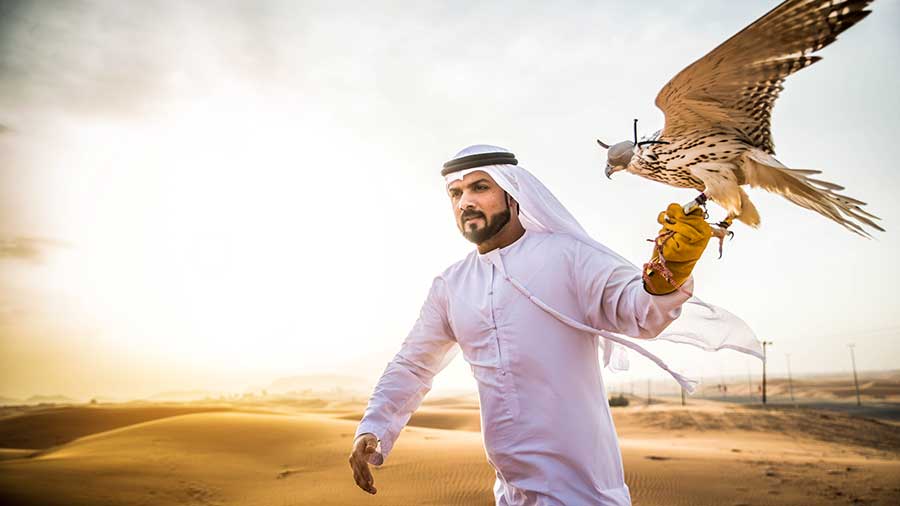
We discuss the UAE trade development outlook with Kazakhstan, Turkmenistan, Uzbekistan, Kyrgyzstan and Tajikistan.
By Farzad Ramezani Bonesh
Introduction
Three decades have passed since the establishment of diplomatic relations between the Central Asian region and the United Arab Emirates in the 1990s.
The relations between the UAE and the region’s countries such as Kazakhstan, Turkmenistan, Uzbekistan, Kyrgyzstan, and Tajikistan have also gained economic dimensions after the recognition and development of diplomatic relations.
After the 1990s, the opening of representative offices, numerous mutual trips, and high-level political consultations have deepened economic relations in recent years.
As a middle power, the UAE, along with pragmatism, seeks to create a diversified economy, design a coherent financial policy, open markets, develop sufficient and flexible infrastructure, and economic growth, empower financial markets, strengthen its position as a center for new exports, a talent center and global capital, and taking steps towards the UAE plan for 2071.
In addition, there is a set of major documents and plans of visions and strategies such as the Horizon 2030 document, and the economic priorities of the UAE to regulate the overall foreign trade of this country.
Abu Dhabi’s broader ties with the region could help the UAE to have a greater presence in Central Asia, and other regional institutions.
Recently, the UAE and the member countries of the Eurasian Economic Union (EAEU) have discussed mutual trade between the UAE and the Eurasian Union and the establishment of a free trade zone.
In order to compete with other big powers in Central Asia and to diversify its economic partners, the UAE has established close economic relations with the countries of the region.
The UAE is trying to turn itself into a regional center in global chains to connect countries with approaches such as the tourism industry and several international airlines.
Also, Abu Dhabi has tried to have Central Asia play an important role in the UAE’s food security strategy3 or see the Caspian Sea as a strategic geo-economic area. Diversifying the financial portfolio of the UAE and becoming a logistics superpower is another goal of Abu Dhabi in Central Asia.
On the other hand, most of the Central Asian countries consider the development of international cooperation in their economic diplomacy priorities to attract UAE investment in basic sectors.
Kazakhstan
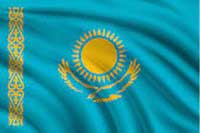
Over the past few years, various economic delegations have contributed to the UAE-Kazakhstan bilateral economic partnership. The UAE is the most important commercial and economic partner of Kazakhstan in the Arab region and Kazakhstan is the center of most of the UAE’s investments in Central Asia.
The UAE has invested about US$3 billion in Kazakhstan and Kazakhstan has invested more than US$1 billion in the UAE. By the end of 2022, their bilateral turnover will reach US$6.4 billion.
The UAE has paid attention to the use of Kazakhstan’s space infrastructure and power. As the world’s most important uranium producer, Kazakhstan is an opportunity to develop cooperation, diversify the economy and reduce dependence on oil, meet the needs of UAE reactors, and achieve the goals of the UAE 2050 energy strategy.
Foreign direct investment from the UAE has been attracted to the implementation of large investment projects and commercial, housing, and infrastructure projects in Kazakhstan. Previously, the operator DP World bought 49% of the shares of the Aktau Special Economic Zone on the shores of the Caspian Sea and 51% of the shares of the Khorgos Special Economic Zone.
Abu Dhabi’s presence in the sectors of petrochemicals, energy, transportation, logistics services, agriculture, coal, investment, and financing of the US$500 million Al Falah Fund, and the purchase of 24% of KazMunaiGas Company are highlighted.
Also, more than 200 Emirati companies in Kazakhstan, such as Mubadala, are interested in building a multi-billion-dollar chemical complex with shares in the production of polyolefin, green energy, finance, mining, and oil and gas in Kazakhstan.
There are also new opportunities for cooperation in the field of investment, information technology, electronic government, and artificial intelligence.
Emirati models play an important role in the establishment of the Astana International Financial Center (AIFC), and the Kazakhstan-UAE Investment Forum, and the construction of the “Abu Dhabi Plaza” in Astana can help strengthen relations.
Turkmenistan
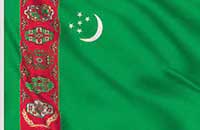
The UAE’s approach toward Turkmenistan is long-term and includes investment in energy and infrastructure projects, the role of Ashgabat as a gas exporter, and foresight.
Dubai-based Dragon Oil is the only major foreign producer and exporter of Turkmenistan’s oil. The construction of a hybrid power plant, the development of renewable energy production and the construction of a 100-megawatt solar power plant, the development of hydrocarbon resources, the presence in Turkmenbashi port, the construction of an airport, and the provision of six ships are part of the areas of economic cooperation of Emirati companies in Turkmenistan. Also, Mubadala’s investment in infrastructure and the agreement with Turkmen Gas for cooperation in gas production are also important.
The two countries have increased the volume of foreign trade to about US$653 million in the first nine months of 2022, by establishing the Business Council of the UAE and Turkmenistan, signing about 50 bilateral contracts, signing agreements to strengthen cooperation, establishing a joint bank, creating joint advisory committees, and defining opportunities.
In services such as electronics, and advanced IT, the UAE is one of the big suppliers, along with trucks, and cars to Turkmenistan.
Also, due to the presence of the TAPI pipeline operating company in the UAE, there is a possibility of Abu Dhabi’s presence and investment in the TAPI pipeline project.
Uzbekistan
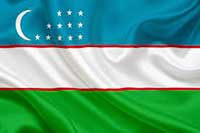
In recent years, economic relations between Uzbekistan and the UAE have developed. Abu Dhabi has invested more than US$7 billion in Uzbekistan.
The Mubadala Fund has signed US$10 billion investment contracts in the energy, thermal power plant capacity development, wind and solar power plant construction, manufacturing, agriculture, infrastructure, and development sectors in Uzbekistan.
There are 107 UAE-owned companies in Uzbekistan, and 28 UAE-based Uzbek companies are also active.
In 2022, the non-oil foreign trade of the UAE and Uzbekistan saw significant growth, reaching US$993 million. The two sides are aligned with approaches such as the joint investment fund between the UAE and Uzbekistan to increase the volume of bilateral trade to US$10 billion. Uzbekistan has the largest population in Central Asia, and the presence of more Uzbek companies in the UAE in various fields is also on the agenda.
Kyrgyzstan
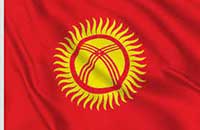
The revival of the Bishkek-Torugart highway, encouragement of mutual investments, cooperation in the fields of mining and trade, the establishment of the solar power plant, facilitation of export and import processes of goods and services, improvement of the future food security of the two countries, strengthening of tourism and trade relations are parts of the developing Economic relations of the UAE and Kyrgyzstan.
Apart from the activities of the Kyrgyzstan and Emirates Business Forum, large UAE companies such as DP World Masdar, Abu Dhabi Development Fund, and others are present in fields such as energy, agriculture, tourism, and logistics.
Also, there are other opportunities and areas in increasing the supply of meat, vegetables, organic fruits, honey, etc., to the UAE, participating in events and trade fairs and annual investment in the UAE, increasing tourism and the number of flights promoting investment in the new economy sectors in developing relationships.
The UAE is Kyrgyzstan’s main trading partner in the Middle East. Kyrgyzstan’s exports to the UAE include gold, aircraft spare parts, and refined oil, while the country’s trade volume with the UAE has reached US$174 million.
Tajikistan
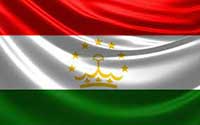
In 2021, the UAE exported US$86 million of goods and services to Tajikistan. The main products are fibers, air conditioning, and cars. Tajikistan also exported US$11 million to the United Arab Emirates. The main products were metals, raw cotton, and cars. Companies of UAE origin participate in exhibitions organized for investment in Tajikistan.
Officials and business delegations of the two countries, with regular mutual trips, the UAE-Tajikistan joint committee, along with the growth of tourists and the number of flights, are paying attention to the potential in the fields of energy, water, mining, tourism, and the attraction of Emirati investment in Tajikistan.
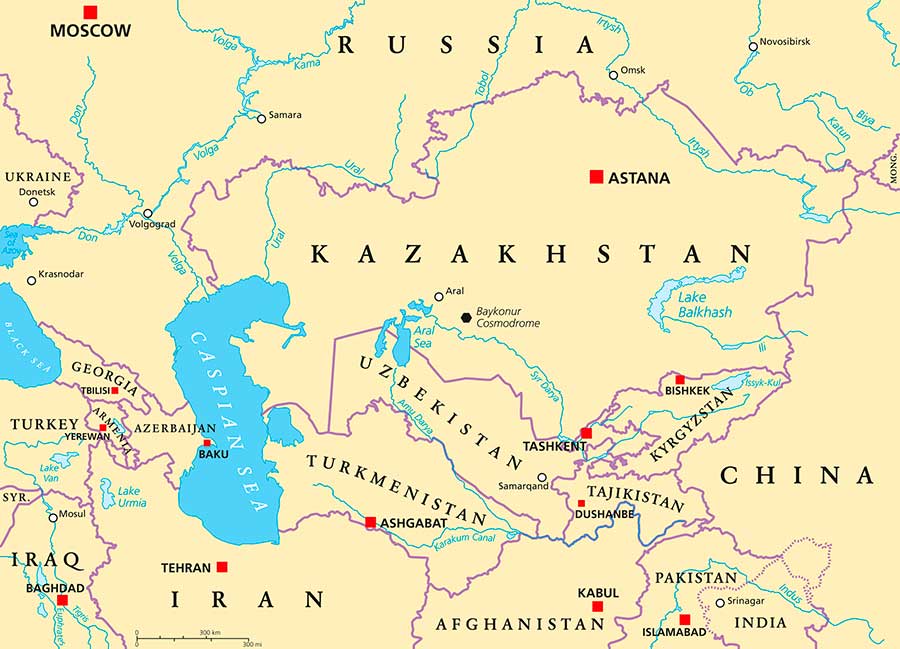
The UAE-Central Asia Vision
Despite many internal challenges in some countries, the non-ratification of the Convention on the Legal Status of the Caspian Sea by all countries, the situation in Afghanistan, and other factors, many Central Asian countries see the UAE as an economic actor to balance the presence of China and Russia in the region.
Also, the way of acting of the UAE in Central Asia and the nature of commercial relations, investments, and economic interactions, and the focus of investments on the field of infrastructure is also a forward-looking strategy.
It seems that the UAE’s policy in Central Asia is also affected by several economic factors, such as providing economic benefits, promoting prosperity, regional common prosperity, long-term economic prosperity, strengthening relations with leading economies, supporting open global trade, improving food security, and sources of food imports, the continuation of aid, and the maintenance of balanced and diverse economic relations in the evolving world order.
In this situation, the UAE’s economic role is far from other main competitors in the region, with little concern about Abu Dhabi’s political activities resulting in a positive atmosphere.
The program of attracting the participation of Emirati companies in the national projects of the region will continue. The UAE will also continue to strive to become a more important player in the economy of Central Asia through investment and trade.
Related Reading
 An Introduction to Doing Business in Dubai 2023
An Introduction to Doing Business in Dubai 2023- Central Asia Has Key Growth Drivers And Potential For Tripling Regional Trade Volumes To US$15 billion
About Us
Middle East Briefing is one of five regional publications under the Asia Briefing brand. It is supported by Dezan Shira & Associates, a pan-Asia, multi-disciplinary professional services firm that assists foreign investors throughout Asia, including through offices in Dubai (UAE), China, India, Vietnam, Singapore, Indonesia, Italy, Germany, and USA. We also have partner firms in Malaysia, Bangladesh, the Philippines, Thailand, and Australia.
For support with establishing a business in the Middle East, or for assistance in analyzing and entering markets elsewhere in Asia, please contact us at dubai@dezshira.com or visit us at www.dezshira.com. To subscribe for content products from the Middle East Briefing, please click here.
- Previous Article Investing In Jordan: Introduction & Opportunities
- Next Article Israel, Azerbaijan Trade and Investment Opportunities


